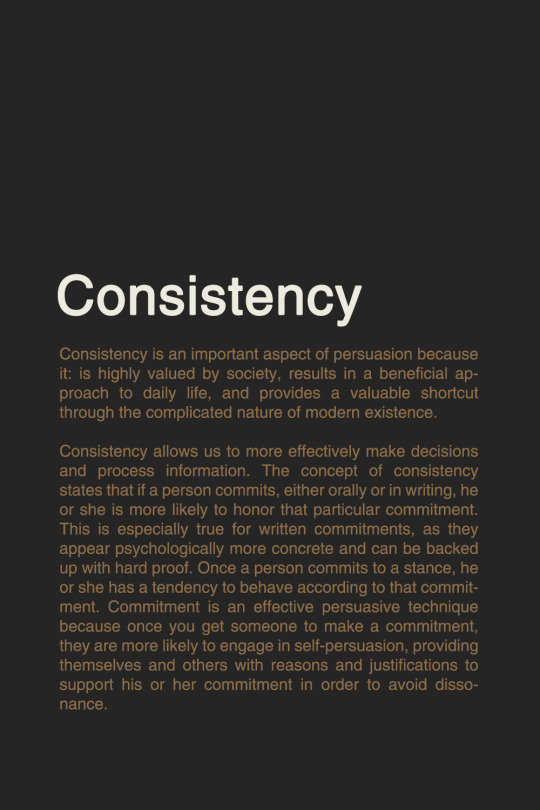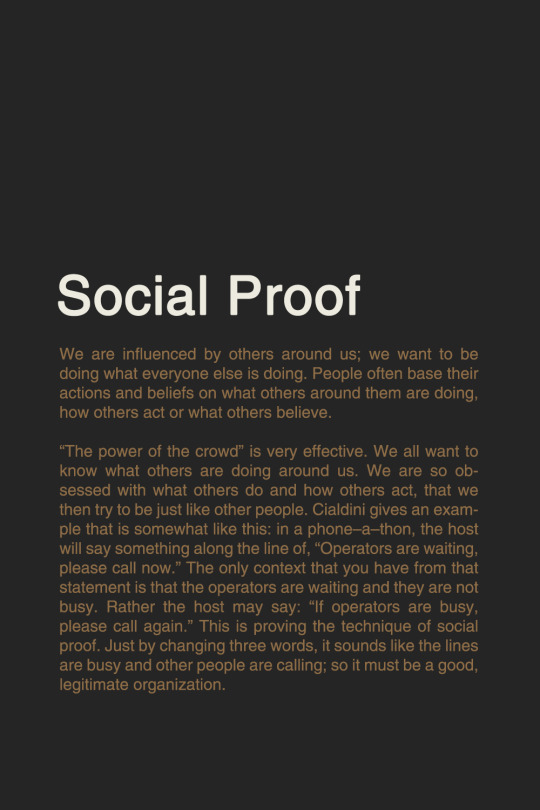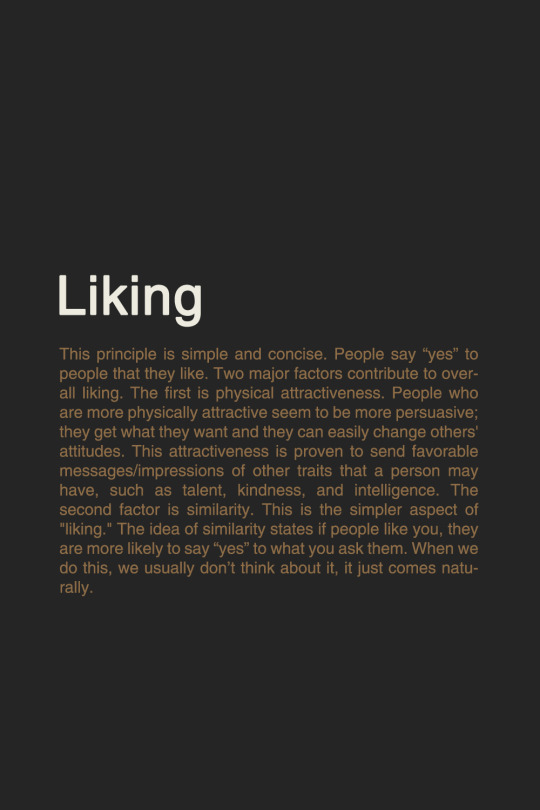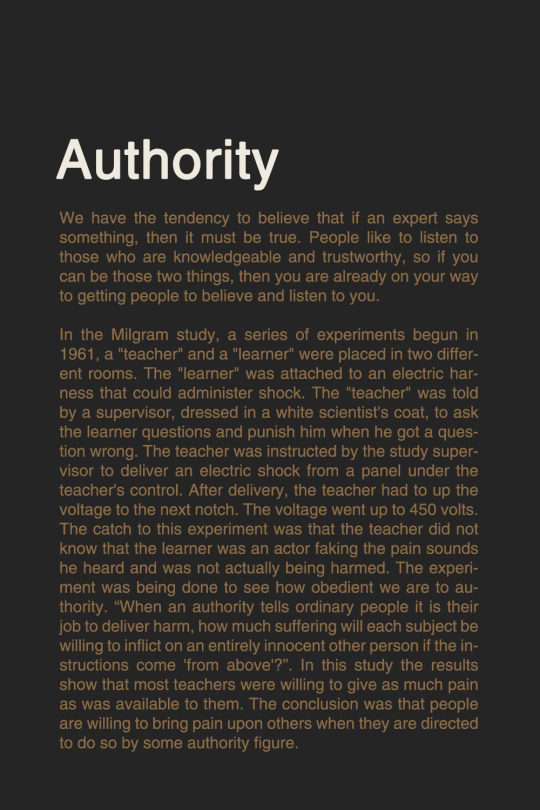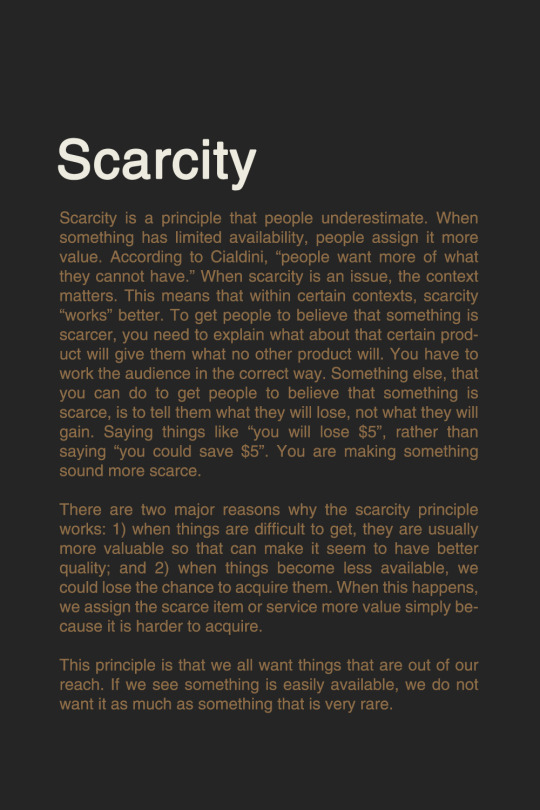Photo

A year ago I thought something wrong was with me. Today I know I was blessed with being an INTJ 💙
4 notes
·
View notes
Quote
There are times when I am convinced I am unfit for any human relationship.
Franz Kafka (via quotemadness)
30K notes
·
View notes
Quote
Do not fear to lose what needs to be lost.
Sue Monk Kidd (via quotemadness)
2K notes
·
View notes
Photo

“One turned back” by Leonid Andreev, circa 1912.
514 notes
·
View notes
Text
My Diagnosis in Words
Dear Andre Solo, you have succeeded in describing me in a way I would never have managed. Your article defines me from A to Z , thank you so much for having struggled to write down in the first place.
6 THINGS THE INTJS IN YOUR LIFE PROBABLY WON’T TELL YOU ABOUT THEMSELVES
if you have an INTJ personality type in your life, there’s a lot that they probably wish you knew. But there are also things we might not tell you—especially about our emotional side. As INTJs, we don’t like to show emotions (in fact, just writing this article was like pulling teeth). But that doesn’t mean our emotions never affect us. Here are six things that INTJs wish you knew—but we’ll probably never tell you. These things may not apply to every INTJ in equal measure, but I believe this list is generally true.
1. We have occasional outbursts, and they’re weird.
For a personality type known as “robots,” INTJs have a deep emotional core. We keep this largely hidden from the world, not as a protective measure but simply because we tend to view feelings as private. Expressing them in public is awkward, like forgetting to put on pants.
But those feelings are surprisingly sensitive. Your INTJ is likely to come equipped with:
A strong sense of dignity
Extremely specific tastes
Deep and often misplaced insecurities
The constant feeling that we aren’t achieving enough
A code of morals that we don’t talk about unless something violates it
An urge to take control in any situation where any of the above are threatened
Basically, if you cross a samurai style code of honor with the idealism of Gandhi and then give it imposter syndrome, you have a working model of the INTJ’s emotional core. (In personality type theory, this is known as our underdeveloped “Introverted Feeling” or Authenticity function.)
So what happens when those feelings get stirred up? Usually nothing. Most of the time, we keep that nonsense under tight wraps and deal with it privately or by talking to a trusted friend. But sometimes our emotions come out in a sudden burst that shocks everyone, including ourselves.
This usually happens when:
Someone affronts us personally
We witness a display of incompetence
Something strikes us as fundamentally unjust
Then we suddenly get indignant, non-cooperative, and even angry. If the situation is beyond our control, we may rant. If it’s something we can influence, we rip into it with withering critique. Or we may become stubborn and throw up roadblocks until it’s addressed.
Try sitting in a car with three INTJs when another driver cuts them off and you’ll see what I mean.
So what can you do about this? Well, ultimately it’s on the INTJ to learn how to accept and deal with their emotions (as an INTJ myself, just writing that sounds icky). But, if you witness one of these outbursts, it does help if you realize that this is a very vulnerable moment for your INTJ friend. We probably don’t want to talk about it directly, but if you offer to help us with the problem, it goes a long way.
2. There’s nothing we appreciate more than someone trusting our advice.
INTJs have a weird set of strengths and weaknesses. Our biggest strength is that we can eyeball a problem and almost immediately see a way to make it better, or even solve it outright. Our biggest weakness? Well, often, we’re terrible at communication.
The result: INTJs can spend our time making great suggestions, or bringing up very accurate insights, only to be told we’re wrong. This is not a pleasant feeling. In fact, many INTJs identify with the story of Cassandra, the ancient prophet who was cursed to see the future but never have anyone believe her. It’s probably our biggest pain point as human beings.
INTJs can get better at communication, of course—and all the other skills needed to get our ideas out of our notebooks and into the world. But for many of us, nothing feels better than having someone else listen to our advice, take it seriously, and try it out. Fixing problems is what we’re best at. When someone notices that and starts to use our advice, it’s an almost spiritually fulfilling experience.
3. We smile more with emoji than we do with our faces.
INTJs have a well-deserved reputation for never smiling. Even when we’re happy, we tend to wear a neutral, focused expression (because we’re often happiest when we’re deep in thought) that others misread as anger. INTJs can and do learn to overcome this, but one look at the kinds of selfies we take is enough to prove the point.
Something funny happens, though, when we start texting or writing an email—suddenly we’re all emoji. For most INTJs, this isn’t natural either; we all go through a phase of rolling our eyes and griping that people don’t use correct punctuation anymore. But what we lack in social graces we more than make up for in our language skills—and emoji are, basically, just another written language. They’re basically a way to code emotions. And coding we can handle.
As a result, I find myself very easily switching to the appropriate written tone for whoever I’m texting to, and using emoji like I’m 17 years old—even though the INTJ grimace is locked on my face in real life.
4. It doesn’t make us feel good to be told we’re smart.
Anyone who knows an INTJ knows we often don’t take compliments well. I find this is doubly true when we’re praised for our intelligence. Since we’re known as masterminds and bookworms, you’d think there’d be no higher compliment you could give us than to tell us how smart we are. And occasionally it is satisfying—perhaps when a new boss notices it and calls it out. But as INTJs, we probably already know we’re smart; we’ve been told that all our lives. What we really value is what we do with it.
This is because INTJs don’t view intelligence as a static thing (you’re either “smart” or “not smart” and that’s that). We view intelligence as a constant process of learning more about the world. As a result, accomplishing things in the world matters a lot. Achievements in any field are, to us, a measure of applied intelligence.
This focus on tangible achievements is why INTJs react so weirdly to compliments: if we’re already succeeding at our goals, we basically see praise as superfluous, because we’re happy without it. And if we’re not succeeding at our goals, being told we’re smart actually hurts—it underscores that we had the talent to succeed, so the failure must be our own fault. This is a self-pity loop that mature INTJs grow out of, but we’ve just about all experienced it at some point or another.
So, is there any kind of compliment that does make an INTJ’s day? Absolutely. With our great strengths comes a long list of weaknesses, especially the social skills mentioned above. Some of us spend years working to improve in these areas, and any praise we get is surprisingly meaningful. A simple, “You’re really great at handling clients,” or “I never would have guessed you think of yourself as a nerd; you’re always so charming” will melt an INTJ’s heart. (If it’s sincere, of course.)
5. We agree with you more than you think (really).
INTJs can be argumentative. But, unlike most people, we don’t always argue because we’re upset. We argue because we like to test out new ideas.
This can lead to major communication problems. For example, we may argue for something as a hypothetical only to have other people think we really believe it. Or, we might find ourselves in a one-hour discussion that we think is really deep, meaningful talk—but the other person thinks it’s a fight. The other day my girlfriend had to stop me in the middle of speculating about the job market and ask, “Wait, are you just talking out ideas or are you about to quit your job and move to Nepal?”
In polite conversation, this is on us as much as it is anyone else—we simply need to learn to rein in our debating and theorizing, and most of us do so by our mid-20s. But it also means many of us bite our tongues about our most interesting thoughts and ideas because we don’t want to upset anyone. This is part of why INTJs seem to “check out” from conversations: we’re running through all the possibilities in our head instead of saying them out loud.
The flip side of this is, once we’ve kicked an idea around enough, we often get convinced that you’re right. At that point, we will completely drop the argument (or the ruminating) and simply agree with you. But I think we often don’t emphasize enough that we really have come around to your way of thinking—that we’re on your side. Or, more accurately, that we’ve always been on the side of “let’s find the right answer,” and we’re proud to know someone like you who helped us find it.
6. Once you’re “in,” we’ll back you up for life.
INTJs can take a long time to warm up to a new person—perhaps more than other introverts. We often prioritize our work over our personal lives, giving us very little time to meet new friends. And we have high standards, preferring to surround ourselves with a few very interesting, thoughtful people. If you have an INTJ in your life, it may have taken you months or years to get “in” with them.
But once you are, you’re incredibly important to us. Bringing you into our inner circle means we think we can learn from you. It means that you stand out to us from all the other people we meet, and that we want to give you our respect, our affection, and our time. As a result, you’ll find that we’re patient, tolerant, and willing to stand by you even when other people would judge you. And, of course, we’ll offer way too much advice—see above. 🙂
How many INTJs do you have in your life? Have you seen any of these emotions and tics come out? Are there other behaviors you’ve noticed? Leave a comment below and tell us more.
1 note
·
View note
Text
writing characters with dyslexia
by me !! a dyslexic
hopefully this might be a useful little guide so you can avoid the misconceptions and any stereotypes - I saw someone do this with adhd and I thought a dyslexia one might be interesting
reading
this differs from person to person but for me I have to read over things four or five times before they actually go into my head, sometimes this gives people headaches or makes them nauseous. letters often “jump” or sentences merge into one long word; people often have trouble with light sensitivity and pages can seem too bright
writing
some people have vary varied handwriting and can go from neat to messy to big to small within minutes, spelling is often phonetic but PLEase doNt Talk AbOUt thIS For AgEs it’s only a very small part of being dyslexic
speaking
dyslexic people often speak faster than their brains create sentences so can trip over words or stutter or mix up words (par kark instead of car park), this can be embarrassing so could make for a good scene ?! people also get a lot of tip of the tongue experiences where they can’t find the right word (I once couldnt remember the word ‘embarrassed’ and I called it ‘when you go red and nervous’) so that makes for more interesting speech patterns in your characters
memory
oh my lord this is so overlooked but lots of dyslexic people have really bad short term memories - things like listening to instructions and forgetting them immediately, or forgetting that they were saying mid sentence
sense of direction
not so common but people often lose their sense of direction and can struggle telling left from right - I don’t know too much about this one though so I’m not going to go into it too deeply !!
hearing
filtering out background noise can be super difficult so people can seem like they have poor hearing but really everything can just seem very loud - this can be distracting and frustrating too and it bugs my friends so much because I make them repeat everything whoops
I’m sure there’s more things but this is just a short list, I’ll add anything if I think of it - feel free to add anything yourselves !!
5K notes
·
View notes
Note
I would like to ask if you consider Psychopathy/Sociopathy as an illness. Also, if you'd have the chance to be "cured", would you remain like you are now or would you change to what society defines as normal? Greetings.
https://friendlypsychopathnextdoor.tumblr.com/post/168761389778/aspd-sociopathy-psychopathyTo make it short: There is no “sociopathy”.Maybe I just do not like to think I am “ill”, but the concept of calling something an illness that is more of a nearly constant state, seems a bit absurd to me.Not being able to “empathize” is more like being born and growing up in Tibet and learning English as an adult. Chances are you will always have a bit of an accent and maybe not be able to understand certain words as fast or as often as native speakers, but you can learn and there is also the possibility that you will master it entirely. I like the way I am. There a very few things that I would like to change about me and even those I would rather keep the way they are, because self-criticism will keep me grounded, when it comes to my narcissistic tendencies. Also there are other things eg. “hyperthymesia” that make me a bit less like what ”society defines as normal”. So even if I might have ever desired being normal in the past, and I exclude the moment directly after my diagnosis, it was most certainly not about my “psychopathy”.
So to sum it up. My life is not by definition “easy” and I say this while I am half-blind and probably soon jobless because of my own arrogance, but I would not want to change my life and I absolutely would not want to be cured of any part of my personality.
Greetings to you, too.
(-confession/lie 154)
20 notes
·
View notes
Text
Differences Between ASPD and BPD

ASPD: * Pervasive pattern of disregard for the rights of others. * Failure to conform to social norms with respect to lawful behaviors. * Deceitfulness, as indicated by repeated lying, using aliases, or conning others for personal profit or pleasure * Impulsivity or failure to plan ahead * Irritability and aggressiveness, as indicated by repeated physical fights or assaults. * Reckless disregard for safety of self or others. * Consistent irresponsibility, as indicated by repeated failure to sustain consistent work behavior or honor financial obligations. * Lack of remorse, as indicated by being indifferent to or rationalizing having hurt, mistreated, or stolen from another. BPD: * Pervasive pattern of instability of interpersonal relationships. * Frantic Efforts to avoid real or imagined abandonment. * A pattern of unstable and intense interpersonal relationships characterized by alternating between extremes of idealization and devaluation. * Identity disturbance: markedly and persistently unstable self-image or sense of self. * Impulsivity in at least two areas that are potentially self-damaging (e.g., spending, sex, drug abuse, or binge eating). * Recurrent suicidal behavior, gestures, or threats, or self-mutilating behavior. * Affective instability due to a marked reactivity of mood (e.g., intense episodic dysphoria, irritability, or anxiety usually lasting a few hours and only rarely more than a few days). * Chronic feelings of emptiness. * Inappropriate, intense anger or difficulty controlling anger (e.g., frequent displays of temper, constant anger, recurrent physical fights). * Transient, stress-related paranoid ideation or severe dissociative symptoms. Above are the list of symptoms or characteristic traits for ASPD (Antisocial Personality Disorder) and BPD (Borderline Personality Disorder). I’m going to do my best to sift through these symptoms and differentiate between the two personality disorders. I’m sure, just reading this by yourself, you can already see a few differences and if it’s glaringly obvious that they’re not the same thing, then this post isn’t for you. First Symptom: As you can see, those with ASPD have persistently shown to be out for themselves; they disregard the needs of others and only look to benefit themselves. Whereas those with BPD are unstable and have difficultly maintaining any sort of personal relationship; this could potentially be confused with persistent greed and only loving themselves quite like someone with ASPD, but the key difference here is that someone with ASPD is consciously disregarding the rights and needs of others for themselves. Those with BPD are impulsive and unstable in their identity and therefore frequently disassociate themselves with their identity and anything tied to it. Second Symptom: These aren’t even remotely the same. Again, someone with ASPD is looking out for them and only them. They will do what they want when they want. Someone with BPD is frequently dealing with abandonment issues (real or imagined) because of their unstable identity and the subsequent impulsivity that comes with it. Third Symptom: Someone with ASPD is typically a chronic liar. They lie for personal gain or profit in one respect or another; they have the tendency to lie even when it serves no real purpose at all. Someone with BPD, again, has a problem with their identity and the relationships that come along with an identity. But they can still easily form a relationship and when they do, they’re intense in one form or another. The intensity can range from idolizing the other person in the relationship or completely devaluing them. Either way, intense fluctuation of strong emotions are seen here, and that’s completely opposite to the identity of ASPD. Sure, you might see someone with ASPD pretend to elicit emotions for personal profit, but there in lies the problem, they don’t have any empathetic value. Fourth Symptom: Those with ASPD and BPD tend to be impulsive and this, at times, can make it very difficult to differentiate between the two personality disorders. You have to remember that some personality disorders share symptoms, but if they’re categorized as different personality disorders they have enough clear and distinct symptoms to differentiate between the two. Though, those with ASPD do NOT share the loss of identity or lack of self-image that those with BPD deal with. Again, someone with ASPD might change their identity superficially in order to manipulate another but at the end of the day, they know who they are and realize that they’re putting on a show and nothing more. Someone with BPD frequently struggles to identity who they really are and why they exist; there is no returning to a normal, stabilized identity. Fifth Symptom: Both those with ASPD and BPD have patterns of being aggressive at one point or another, but those with ASPD usually get angry or irritable because of X. Y. or Z. Those with BPD can experience random fits of anger for no reason whatsoever. Also, we’ve already established that both can be impulsive, but those with BPD tend to be impulsive in a self-damaging manner whereas someone with ASPD can be impulsive in almost any aspect of life. Sixth Symptom: Those with ASPD tend to be reckless as well as impulsive. This recklessness comes with a lack of regard for safety for themselves or others around them, but while they may lack regard, they’re not intentionally trying to hurt themselves. Whereas someone with BPD experiences reoccurring suicidal behavior with the explicit intention to harm themselves. Seventh Symptom: Those with ASPD are also irresponsible and that’s categorized by failure to be consistent in work ethic, schedule, or anything of that nature. Someone with BPD is unstable in almost all regards. They frequently suffer from an intense change of mood and dissatisfaction with life. While someone with ASPD can be quick to get angry or lose their temper they’re not prone to random mood swings caused by nothing other than their neurological makeup. Eighth Symptom: Those with ASPD exhibit a consistent lack of remorse that consists of justifying or flat out not caring about whatever misconduct they’ve caused. Whereas someone with BPD will consistently feel empty. There is a very crucial difference here. While someone with ASPD may not be capable of feeling remorse or caring about their misgivings they usually DO NOT feel empty in their life. Doing whatever you want without regard or care for others is, reversely, rather freeing and invigorating. BPD has two more characteristics or symptoms more than ASPD so we can look at them by themselves and compare if we have to. Ninth Symptom (BPD): Inappropriate or intense fits of anger that the individual usually has a hard time controlling. As we covered before, both those with ASPD and BPD can get angry quickly, but someone with ASPD is more prone to get angry because of a motive or provocation rather than being angry just to be angry like those with BPD. Tenth Symptom(BPD): Short lasting and stress-related paranoid formation of ideas or dissociation from oneself. Those with ASPD tend to be very detached from their emotions and, therefore, aren’t know to have problems with anxiety or stress; they also tend to be very carefree and removed from any responsibility or obligation which is very inconsistent with the paranoia and stress related problems those with BPD deal with. In summation, while those with ASPD and BPD do share some key traits they also tend to be dissimilar in many more. Trying to call the two the same thing would be like comparing a shark to a minnow because they both swim and have gills. I hope I’ve helped to clarify the confusion you might (or might not) have had between the two personality disorders.
1K notes
·
View notes
Quote
I fear being alone more than anything else. So why do I do this? Why do I push away the people I love? What is so very wrong with me? I don’t know. And I don’t know how to make it stop.
Victoria Aveyard (via quotemadness)
2K notes
·
View notes
Quote
You were the sun, and I was crashing into you. I’d wake up in the morning and think, ‘This will end in flames.
Rainbow Rowell, Carry On (via wordsnquotes)
4K notes
·
View notes
Photo

Love to read? Get the FREE Kindle Reading App
276 notes
·
View notes
Quote
I have never deceived anyone, for I have never belonged to anyone. My independence was all my wealth: I have known no other happiness.
Cora Pearl (via quotemadness)
985 notes
·
View notes
Quote
She was stronger alone…
Jane Austen, Sense and Sensibility (via wordsnquotes)
4K notes
·
View notes



